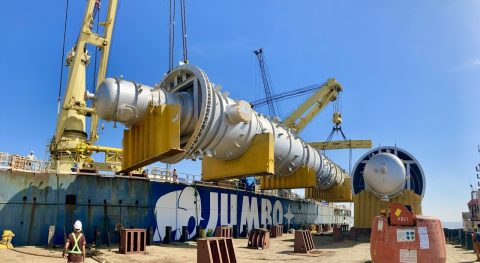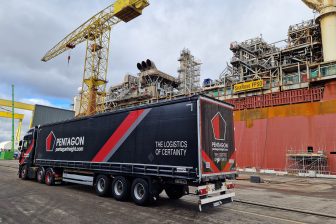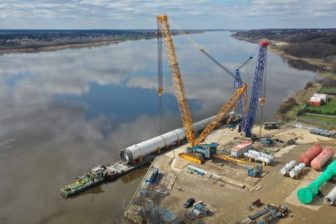
Fleet flexibility is key when moving 450,000 frt for Basrah refinery upgrade project
Photo Jumbo-SAL-Alliance
Having a fleet big enough and diverse enough to handle the requirements of a project, while also being able to cater to the demands of other clients, was one of the reasons Jumbo-SAL-Alliance was tagged to transport 450,000 frt of cargo for JGC Corporation.
Want to read more?
Register now to read more premium articles.




